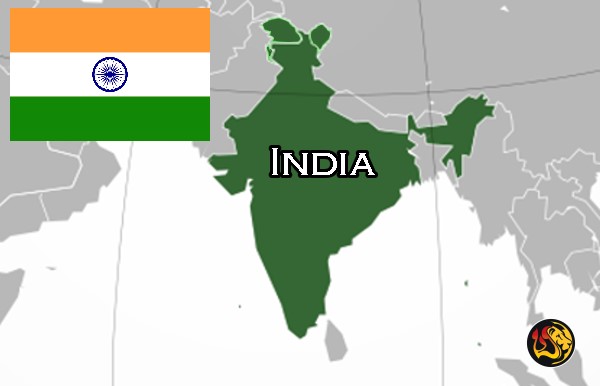By Stefan J. Bos, Chief International Correspondent Worthy News
NEW DELHI (Worthy News) - Christians fear devoted believers in northern India may face up to 10 years imprisonment if they are caught evangelizing among non-Christians.
A lengthy jail term is possible as the Haryana state legislature passed the "Haryana Prevention of Unlawful Conversion of Religion Bill" on March 22 despite protests.
The bill's stated purpose is to instill fear among those who might be involved in “unlawful conversion activities,” observers said.
The law bans "religious conversions…effected through misrepresentation, force, undue influence, coercion, allurement or by any fraudulent means or by marriage or for marriage.”
It also punishes “anyone” attempting to convert minors, women, or persons belonging to scheduled [Hindu] castes and tribes, “whether by coercion or otherwise.”
However, opposing politicians expressed concern about the bill’s ramifications, warning it would deepen social divides within the Hindu-majority state and the Indian nation.
Christian activists said that while the legislation “rightly condemns coercive religious conversions,” these laws were misused in India to oppose Christians and their message.
In July 2021, the advocacy group International Christian Concern (ICC) already reported the adverse effects of such legislation on another state, Madhya Pradesh.
Since the passing of anti-conversion legislation there in January last year, massive persecution was unleashed against the Christian minority, ICC claimed.
There were already 25 documented cases of Christian persecution in 2020 before the new restrictions, according to rights investigators.
Within six months after the law passed, the number had increased to 48 incidents, affecting more than 4,200 people and resulting in at least 47 church closures, ICC said.
Christian rights groups say they want state governments to realize “the serious implications” these new laws will have on the country's religious minorities. They have urged politicians to make amendments to ensure they are not misused against, for instance, India’s Christian minority.

